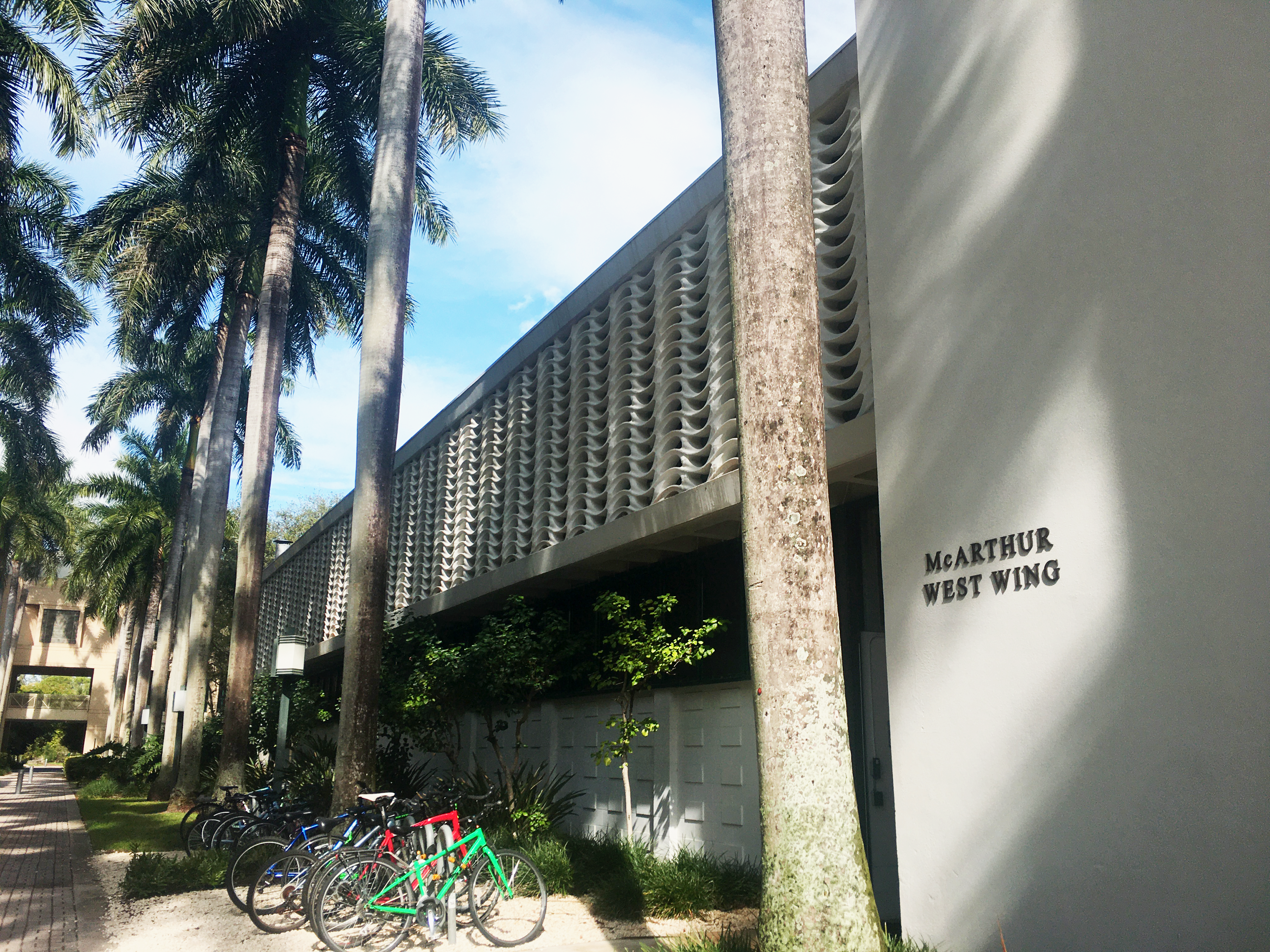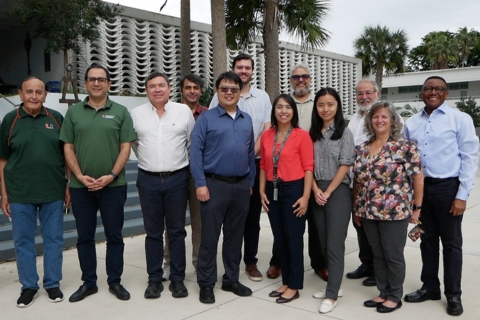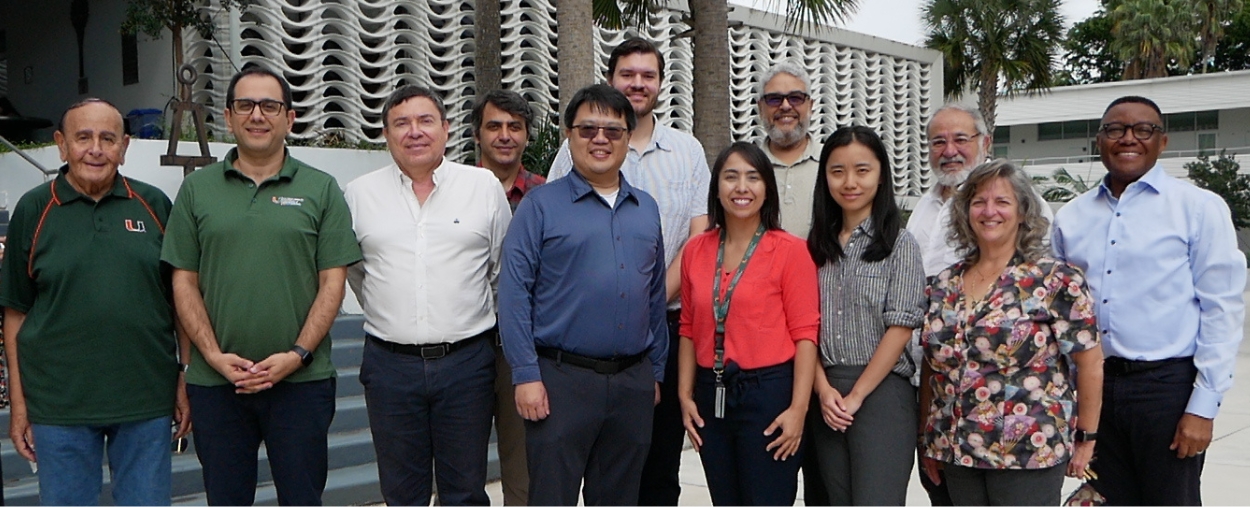Research
The research interest of our faculty spans five key domains: (1) systems engineering and operations research (OR); (2) sustainable systems; (3) ergonomics and biomechanics; (4) service sciences; and (5) information systems (IS). ISE has a strong emphasis on applied engineering related solutions to problems that we are currently facing, both nationally and globally, and which are expected to become more pervasive in our society.

Key Points
Faculty and Focus:
- UM ISE was traditionally a strong manufacturing/production systems/technology focused department. However, the department's focus in the last decade has systematically evolved to encompass service science and sustainable system design.
- In the next 10 years, we want to consolidate on the core competencies and build on our competency in IS.
Funding:
- We have traditionally been successful with industry. The expansion into services and sustainable systems has led to an extension in sources of funding such as DoE, ONR, and Air Force.
- In the next 10 years our goal is to build a stronger link to governmental agencies. However, we also want to build a steady conduit with industry by developing centers of excellence that accommodate memberships for the smaller companies while building lasting relationships with the larger companies.
Facilities:
Past: ISE built the cloud which now services the entire COE.
Present: In the next 5 years, we will be building on our big data analytics capabilities on our pathway to our goals regarding information systems (IS). We currently employ a large number of undergraduate and graduate students in our Industry Assessment Center (IAC) and Center for Advanced Supply Chain Management (CASCM).
Future: We intend to develop centers of excellence in service science and information systems.
We closely collaborate with the UM Miller School of Medicine to extend the frontiers in Healthcare, with the Business School on service science and information systems, and with RSMAS to address contemporary research problems on sustainable systems (see table below, where the X represents future goals in development).
|
Research Thrust
|
Frontiers in Applied Science & Engineering
|
Inter-disciplinary Collaboration
|
Hemispheric Innovation Collaborator
|
Centers of Excellence
|
|
Systems Eng. and OR
|
Supply Chain Mgmt, Reverse Logistics
|
Business/Miller
|
Trinidad, Colombia
|
CASCM
|
|
Sustainable System
|
Energy Efficiency, Solid Waste Mgmt.
|
Science/RSMAS
|
X
|
IAC
|
|
Ergonomics Biomechanics
|
Gerontology, Safety
|
Nursing/Miller
|
X
|
|
|
Service Science
|
Healthcare Quality control
|
Business/Miller
|
X
|
X
|
|
Information Systems
|
System Health Financial Systems
|
Business/Miller
|
X
|
X
|
The table below shows the primary research areas of our full-time faculty. Keeping up with the needs of the present and the future, the ISE department has systematically changed its focus from manufacturing systems to service science by hiring 4/5 of the new faculty since 2010 in the area of service sciences.
|
|
Research / Faculty
|
S.
Asfour
|
F.
Travascio
|
R.
Moghaddass
|
N.
Celik
|
S.
Lee
|
M.
Erkoc
|
N.
Shaikh
|
V.
Omachonu
|
J. Sharit
|
|
Systems Eng. and OR
|
|
X
|
|
|
|
X
|
|
X
|
|
|
Sustainable Systems
|
X
|
|
|
X
|
X
|
X
|
|
|
X
|
|
Ergonomics & Biomechanics
|
X
|
X
|
|
|
|
|
|
|
X
|
|
Service Science
|
|
|
X
|
X
|
X
|
|
X
|
X
|
|
|
Information Systems
|
|
|
X
|
|
|
|
X
|
The nature of our research and the unique perspective taken by our faculty to these areas of research are well suited to multidisciplinary collaboration at the university-wide level. Our goal is to expand these multidisciplinary efforts to include partnerships and collaborative projects with our hemispheric neighbors who face similar services, industrial, and societal challenges.
Education
Our undergraduate program has grown extensively over the last five years, reflecting the current interest in Industrial Engineering as an applied engineering area that offers vast opportunities within the business and government sectors and production and service industries, and which is recognized for developing people with leadership and management capabilities. In this respect, our plan is to continuously assess and adapt our curriculum accordingly to ensure that we offer our students a balance between fundamental applied engineering skills and methodological perspectives for meeting current and future challenges.

Enhance Undergraduate Research Experience
We plan to provide more ISE focused exposure to our undergraduates by having them involved in undergraduate research and participation in centers such as IAC and CASCM.
Support Innovative Teaching
We will incorporate a model embodied by the university wide Faculty Learning Community (FLC) that encourages and provides incentives for faculty to revise their course delivery with innovative teaching and learning. We will give particular focus to project-based active learning.
Masters in Science in Financial Engineering
We plan to develop a Master’s of Science Program in Financial Engineering, which will take advantage of the unique positioning of our local community as a center of finance for Latin America. This will require hiring faculty with expertise in this area, consistent with our research goals in IS and our teaching goals noted below.
Enhanced Course Opportunities
We plan to provide more elective courses for both the undergraduate and graduate students by recruiting faculty specialized on pressing issues of practice such as data analytics, financial engineering, healthcare management, and information sciences. This is consistent with our research thrusts in these areas.
Enhanced PhD Student Experience
Our goal is to enhance the teaching opportunities and skill development of our PhD students through their careful selection, and then mentoring and supervising them in teaching lower level undergraduate courses. In addition, we will strive to increase the number of PhD students that are fully supported by faculty via their funded research and emphasize the placement of these students into academia. We will provide mentoring and teaching experiences for selected candidates pursuing academic careers.
Critical Challenge
The primary threat to our strategic plan derives from the fact that we currently harbor the greatest student to faculty ratio in the COE. While this is commendable as it reflects a growing interest in our program, it is infeasible for us to continue to simultaneously meet our teaching and research objectives in this current climate of diminished faculty resources. Additional full-time faculty, coupled with the mentorship of select Ph.D. candidates who have the skills and motivation to teach basic undergraduate classes, is thus required for the ISE Department to successfully implement its strategic plan.
Summary
In summary our goals are to:
- Further strengthen our current centers and expand our capabilities in order to develop centers in service science and financial systems.
- Expand our collaboration with hemispheric partners using our existing expertise.
- Expand our collaboration with local industrial partners.
- Expand academic and industry networks to our hemispheric neighbors.
- Create specialized Masters Programs in financial analytics, data analytics, and healthcare management.
- Expand our faculty, which is a crucial issue, not only for meeting our goals related to the establishment of new centers and new teaching programs, but also to maintain the integrity of our teaching programs given that we currently carry the largest student to faculty ration in the COE.







